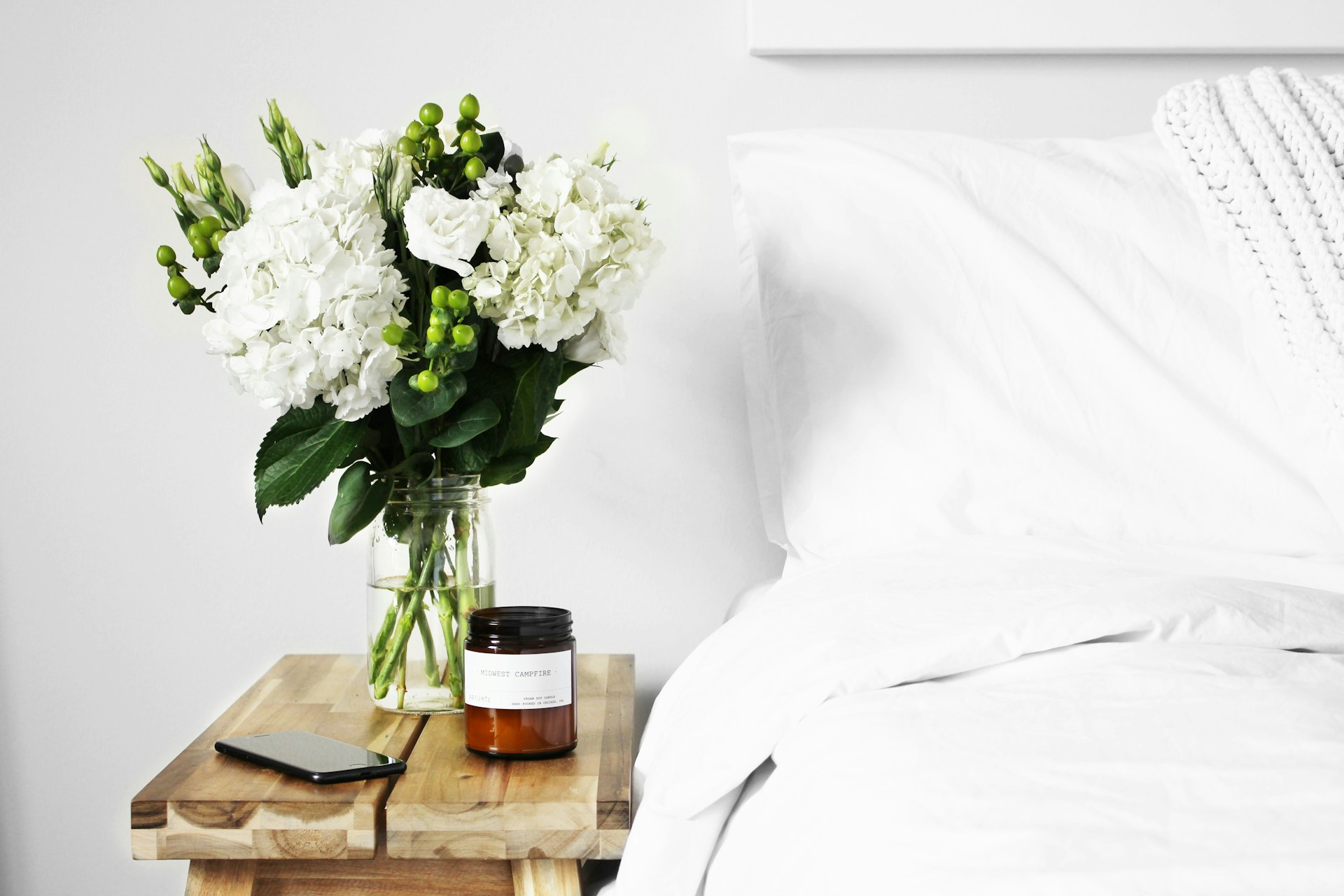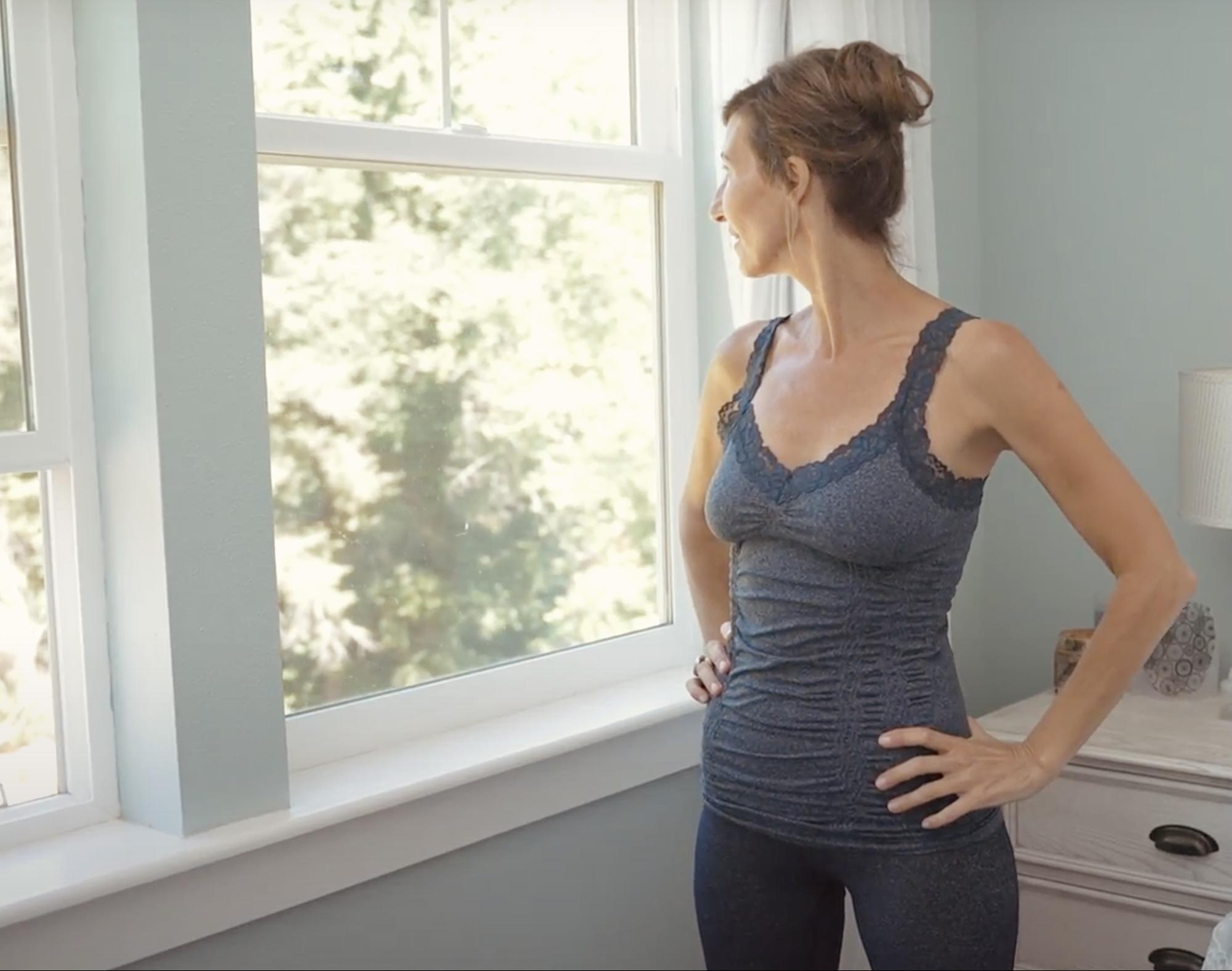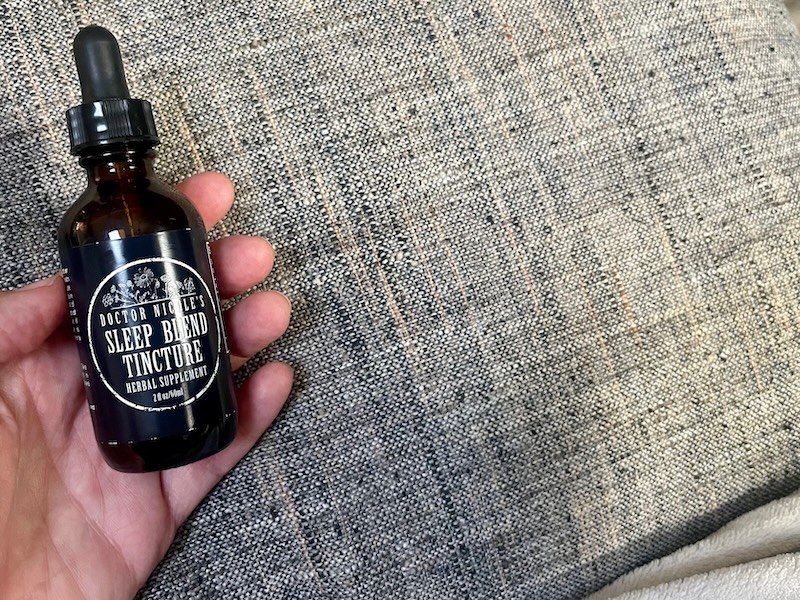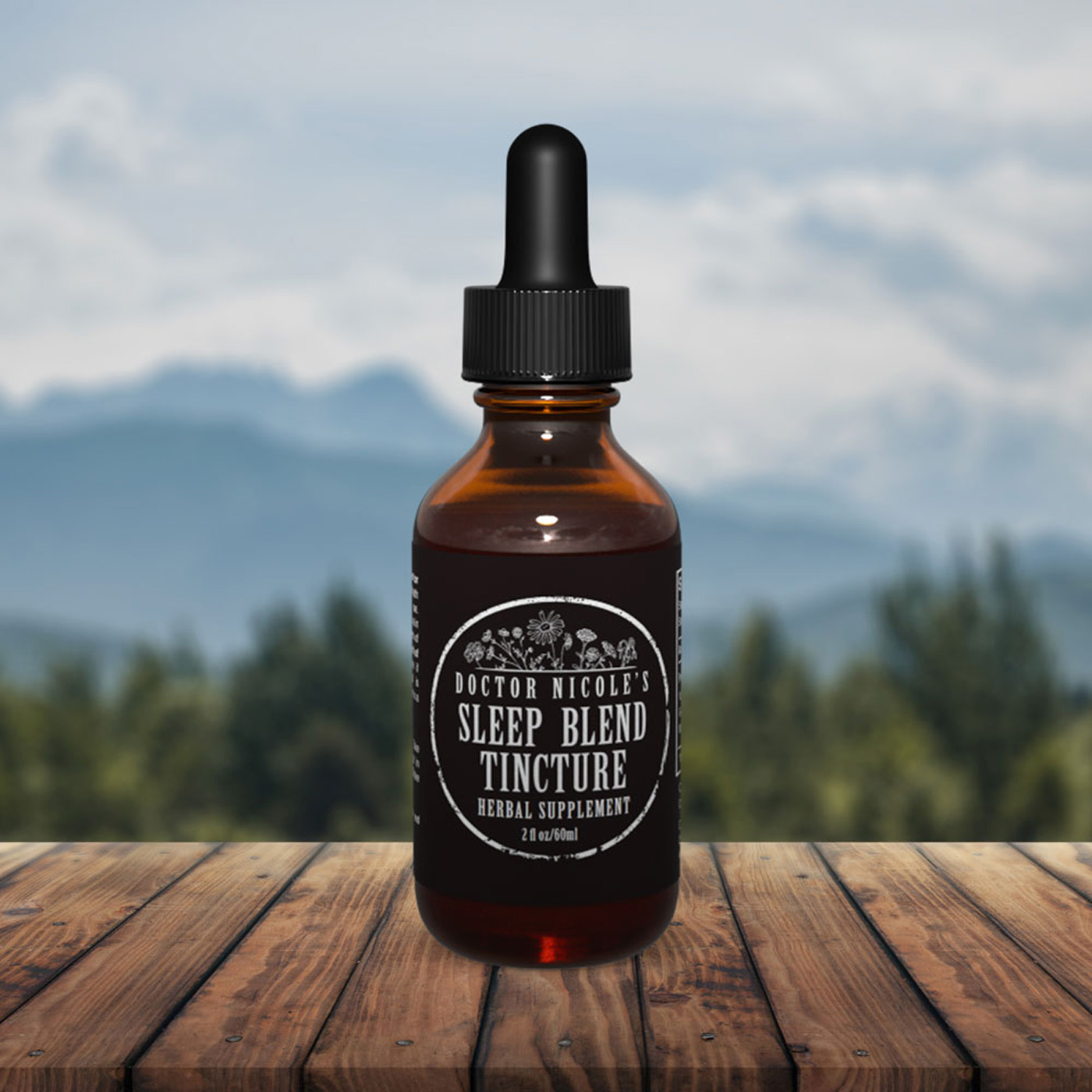Sleep Positions & Cognitive Health
Not surprisingly, sleep positions are highly personal. Some prefer a fetal position lying on the side, while others are tried and true stomach sleepers. Many tend to be back sleepers. But can your sleep preference significantly impact your health? A new study has established a strong correlation between sleeping in a supine position (on your back) and neurodegeneration — including Alzheimer’s, Parkinson’s, and cognitive impairment. It all comes down to a little-known brain detoxification process.
What is the glymphatic system?
While most of us are familiar with the lymphatic system for detoxification, many are unaware that the brain and central nervous system also have their own waste-clearance system. It is essentially your brain’s rubbish collector. But here’s the catch: it is typically only active while you are asleep or exercising. This fact underlines the importance of getting enough deep rejuvenating rest each night and staying active. If you are interested in learning more about this fascinating area of study, have a look at this post.
But how does your sleep position influence this important detoxification system?

Cognitive Decline and Supine Sleeping
We may not give much thought to how our sleep position can impact health, but researchers have uncovered a possible link between back sleepers and neurodegeneration.1 For the study, the team studied participants with Parkinson’s, Alzheimer’s, progressive supranuclear palsy, as well as those with mild cognitive impairment. They used a device to measure how many sleep hours were in a supine position.
“When we sleep on our backs (supine) the neurotoxic flushing is less efficient than when we sleep on our sides due to differences in how the venous blood returns from our brain to our heart. Additionally, sleep apnea is more severe when back sleeping and the resulting continuous interruptions in sleep also contribute to the buildup of neurotoxins. Thus, our research suggests inefficient neurotoxin clearance resulting from back sleeping over many years contributes to neurodegeneration,” says Daniel J. Levendowski, president and co-founder of Advanced Brain Monitoring and lead author of the study.
They found that two or more hours spent sleeping in a supine position led to a substantial increase of neurodegenerative disorders. Neurotoxins are typically flushed from the brain during sleep via the glymphatic system, but when these toxins begin to accumulate (as is the case with back sleepers, when you are not getting enough quality sleep, or for those with a sedentary lifestyle) it can create a cascade of cognitive impairments.
However, the researchers are quick to point out that association does not necessarily establish causality. While more study is needed, good sleep hygiene habits are essential for overall health and cognitive function. These include:
- Exercising at least three times a week
- Maintaining a healthy weight
- Avoiding devices/blue light several hours before bedtime
- Keeping a consistent sleep schedule
- Avoiding caffeinated beverages in the afternoon and evening
- Daily exposure to sunlight before noon to establish a healthy circadian rhythm
- Sleeping in a dark room without devices and/or television
Herbal Solutions for Supporting Solid Sleep
Medicinal herbs are also an outstanding option for encouraging deep, rejuvenating sleep to support the optimal function of your glymphatic system and improve brain detoxification. My top recommendations include valerian root, hops, chamomile, and passionflower — all of which are included in our powerful Sleep Blend. This formulation contains concentrated extracts of these herbs to help relax the nervous system, calm stress and anxiety, and improve sleep quality and duration. Here are the benefits of each botanical:
Valerian Root
- Improves sleep by increasing the levels of the neurotransmitter gamma-aminobutyric acid (GABA).
- Decreases frequent waking at night and calms restless sleep
- Helps people fall asleep faster
- Improves sleep quality and length
- Assists in improving sleep issues connected with menopause
- Soothes stress and anxiety
- A double-blind study of valerian root conducted in Sweden by the Foellinge Health Center found that, “forty-four percent [of the participants] reported perfect sleep and 89% reported improved sleep from the preparation” without any side effects.2
Hops
- Sedative properties for relieving insomnia
- Boosts production of GABA, a calming brain chemical that promotes sleep.
- Increases sleep time; works best in combination with valerian root.
- Reduces body temperature, which helps people enter into a relaxed state for sleep.
- Additional note: a flavonoid in hops has been found to help reduce weight gain, lower elevated cholesterol and reduce high blood sugar.
Chamomile
- Acts as a sedative
- Calms the nervous system
- Contains apigenin, an antioxidant that can induce sleep
- Soothes muscle aches and pains that may disrupt sound sleep
Passionflower
- Herbal sedative
- Anxiolytic (soothes anxiety) and helps soothe the body and mind
- Enhances sleep quality
- Improves ADHD symptoms
- Reduces the effects of menopause — including depression and hot flashes
Finally, a good night’s sleep!
“I’ve been using the Sleep Blend Tincture for about a month and I’m very pleased. I am postmenopausal and have had problems sleeping for years. I also had long haul covid and that ruined my sleep as well. I’ve tried pharmaceutical sleeping aids, melatonin and other herbal mixes. I take about 1.5- 1.75 droppers full of your tincture and I sleep deeply and well from 10 pm until about 5 am. Many times I can fall back to sleep after that too.” -Jill
Equipped with our potent Sleep Blend you can enjoy quality rest, support brain health, and wake up energized in the morning. Interested in learning more about this effective formulation? Visit my apothecary today!
Nicole Apelian
Nicole’s Apothecary Products in this Post
References
- Levendowski DJ, Gamaldo C, St Louis EK, Ferini-Strambi L, Hamilton JM, Salat D, Westbrook PR, Berka C. Head Position During Sleep: Potential Implications for Patients with Neurodegenerative Disease. J Alzheimers Dis. 2019;67(2):631-638. doi: 10.3233/JAD-180697. PMID: 30614805; PMCID: PMC6398535.
- Lindahl O, Lindwall L. Double blind study of a valerian preparation. Pharmacol Biochem Behav. 1989 Apr;32(4):1065-6. doi: 10.1016/0091-3057(89)90082-8. PMID: 2678162. https://pubmed.ncbi.nlm.nih.gov/2678162/







